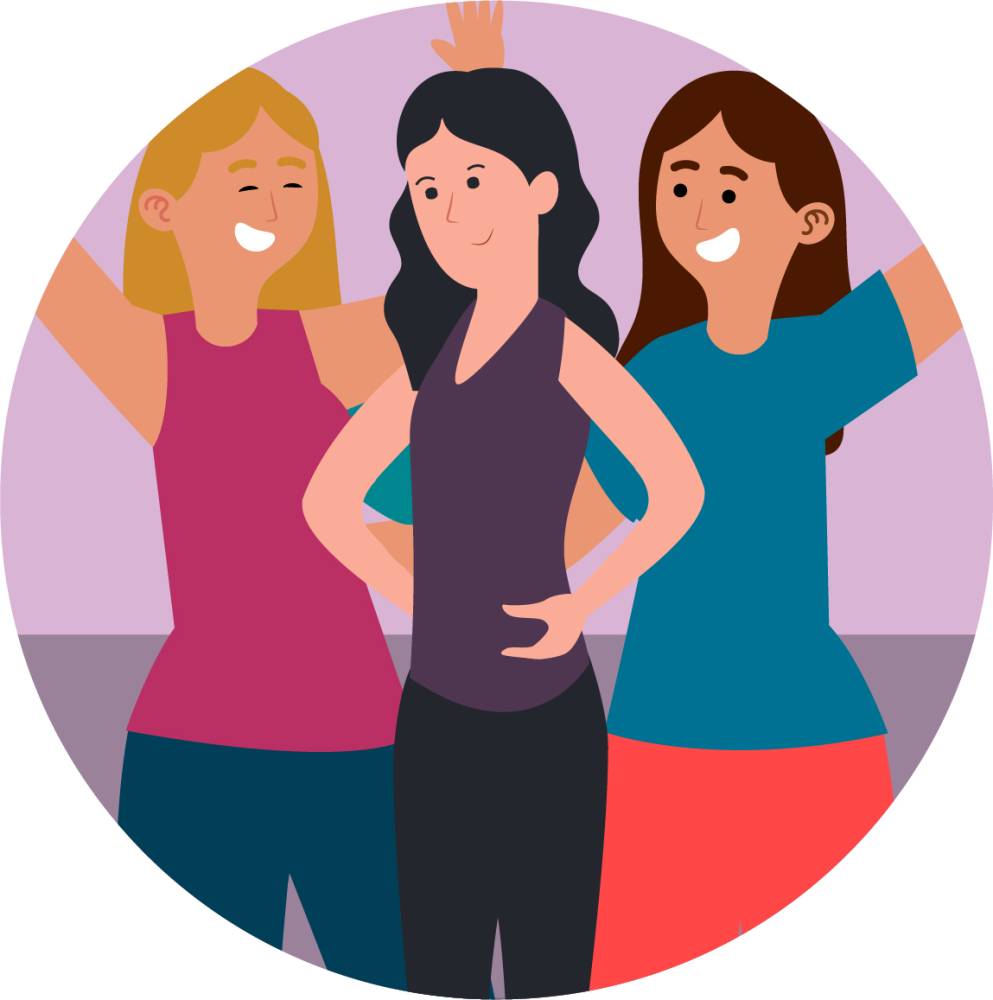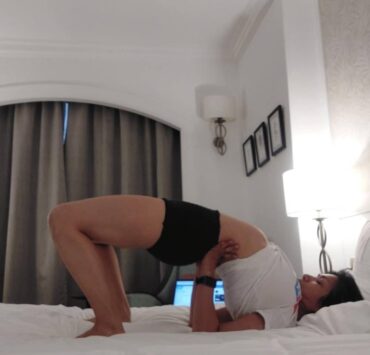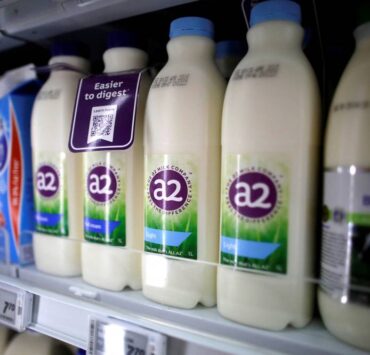Why self-esteem, not willpower, is key to sustainable weight loss

Losing weight isn’t just about eating less or exercising more; it’s overcoming a hidden maze of psychological and biological hurdles that make the journey harder than it seems.
At “The Truth About Weight Loss” online summit, Dr. Doug Lisle, a clinical psychologist with over three decades experience at TrueNorth Health Center in California, breaks down why sheer willpower is rarely enough.
We may live in a world full of fast food and easy snacks, but our brains are still wired for survival in the wild. When food was scarce, our ancestors survived by seeking calorie-dense foods that packed as much energy as possible into each bite. This “energy conservation instinct” helped them make it through famines and lean times by guiding them to high-calorie foods.
Today, however, this instinct is a liability, pulling us toward processed foods high in calories but low in nutrition.
Processed snacks and fast food are designed to be almost irresistible. They’re packed with the right balance of fat, sugar, and salt to send our pleasure centers into overdrive. Our brains, craving that instant boost, fall for it every time. But in reality, these hyper-palatable, calorie-dense foods only lead to long-term health issues. It’s like choosing your mistress over your wife; the excitement is temporary and leaves a mess afterward.
Taming your environment
So how do we outsmart our instincts? Lisle suggests a strategic approach to your environment. If you stock your kitchen with chips, candy, and other high-calorie snacks, you’re setting yourself up for a daily game of “just say no.”
Hence, the first step is a cleanup mission. Clear out those tempting foods that make you backslide, and fill your fridge and pantry instead with foods that align with your goals. Fresh produce and whole grains may not be as stimulating, but the more you make them your go-to, the easier it becomes.
But don’t expect instant results. Setting up a healthier environment won’t be instant or easy. It’s like learning to dance; you’ll miss a few steps and feel awkward, but start moving more confidently with practice. You might fumble a few grocery runs, forget to buy enough veggies or end up with a fridge full of greens you’re unsure how to use. That’s all part of the learning curve.
Eventually, shopping for healthy food and preparing balanced meals will feel as natural as your daily routine. “You’re gonna be pathetic at it the first few times,” Lisle said. “Just like learning how to walk or bike, expect to fall many times.”
You’ll get more efficient as you go along, and eventually, cooking and planning healthy meals will feel as second nature as brushing your teeth.
He added, “Fast food is designed to be fast, soft, and rich. It’s extremely energy-conserving. It’s even impacted how our teeth grow in, and the rise of orthodontics. Because our food has gotten softer, kids haven’t had to chew so much and strengthen their jaws, so they didn’t need to get wider to accommodate the teeth about to come in.”
A big part of this journey is also adjusting your taste buds. At first, wholesome foods like vegetables or whole grains might not hit the same pleasure points as a cheeseburger or a chocolate bar. But with time, your palate will adapt, and you’ll start enjoying these healthier foods. You’ll also gain confidence in the kitchen and your skills will expand, giving you more delicious and nutritious options to look forward to.
Esteem and validation
Beyond biology, our need for social approval is another hidden force in the weight loss journey. Humans are hardwired to seek validation and approval from others, and it’s easy to get caught up in the idea that losing weight will make people admire us more.
But Lisle cautioned against relying too heavily on others’ opinions to keep you going. External validation, while nice, is like a sugar rush; it fades quickly.
Instead, he suggested focusing on your “internal audience.” Imagine a quiet, supportive fan base inside your mind that notices every small victory and cheers you on each time you make a healthy choice. When you resist that late-night snack or skip the soda at lunch, this internal audience recognizes your effort and rewards you with a sense of accomplishment.
“Just like a kid playing basketball, narrating his shots, pretending people are cheering him on,” Lisle said, “your internal audience is there to keep you going.” Building self-esteem from within is a much sturdier foundation than relying on the fleeting praise of others. Over time, this inner satisfaction becomes its reward.
Not a quick fix
Changing your self-esteem isn’t something that happens overnight. It takes consistent, small victories. It’s more like planting a garden than flipping a switch. After about a week of sticking to your health goals, that internal audience starts noticing. Each small, consistent victory reinforces your commitment to change and your self-esteem grows.
Your self-esteem knows how often you could have given up but didn’t. This new relationship with yourself becomes the driving force behind your actions. You’re not doing things to impress others; you’re earning self-respect and pride in your choices.
Imagine telling an athlete they could buy a trophy without putting in the hours of training. They’d probably laugh, because they know the reward isn’t in the trophy itself but in the process of earning it.
“Getting a gastric bypass is like buying a Superbowl trophy for a ridiculous amount of money; it’s not earned,” Lisle said. Shortcuts like fad diets or quick-fix surgeries don’t build the skills needed to maintain weight loss, which is why they so often fail in the long run.
As you keep going, you’ll realize that the real reward isn’t in numbers on a scale or even in compliments from others. It’s in the way you feel about yourself.
Each small victory, healthy choice, and new habit you build contributes to a sense of self-respect that’s unshakeable. When you’re fueled by this internal pride, you’re no longer dependent on anyone else’s approval. Weight loss or other health goals become a side benefit rather than the primary focus.
In the end, weight loss isn’t a battle against food; it’s a journey toward a better relationship with yourself, supported by the gradual, rewarding shift from external validation to internal pride.
The real reward is that steady self-respect, the pride that says, “I did this for me.” That’s the most powerful motivation of all.

















